On Morocco’s rugged Atlantic coast lies the enchanting city of Essaouira, a place where history, culture, and music converge to create a unique and unforgettable experience. Known for its charming medina, fortified walls, and vibrant arts scene, Essaouira is also the proud host of the annual Gnaoua World Music Festival. This event has become a symbol of the city’s rich cultural heritage and its role as a global center for music and artistic expression.
The Historical Allure of Essaouira: A Coastal Gem
Essaouira, formerly known as Mogador, is a city steeped in history. Founded in the 18th century by Sultan Mohammed ben Abdallah, Essaouira was strategically designed by French architect Théodore Cornut as a fortified port city. Its purpose was to serve as a key trading hub, linking Morocco with Europe and the rest of the world.
A Melting Pot of Cultures: Over the centuries, Essaouira has been a crossroads of various cultures, including Berber, Arab, Jewish, and European influences. This blend of cultures is evident in the city’s architecture, cuisine, and vibrant arts scene. The medina of Essaouira, a UNESCO World Heritage site, is a labyrinth of narrow streets, whitewashed houses with blue shutters, and bustling souks, all of which reflect the city’s diverse heritage.
A Haven for Artists: The city’s picturesque setting and tranquil atmosphere have long attracted artists, musicians, and writers. In the 1960s and 70s, Essaouira became a popular destination for Western artists and musicians, including the likes of Jimi Hendrix and Cat Stevens, who were drawn to its bohemian vibe and rich cultural landscape. Today, Essaouira continues to be a hub for creative minds, with numerous galleries, workshops, and cultural events taking place throughout the year.
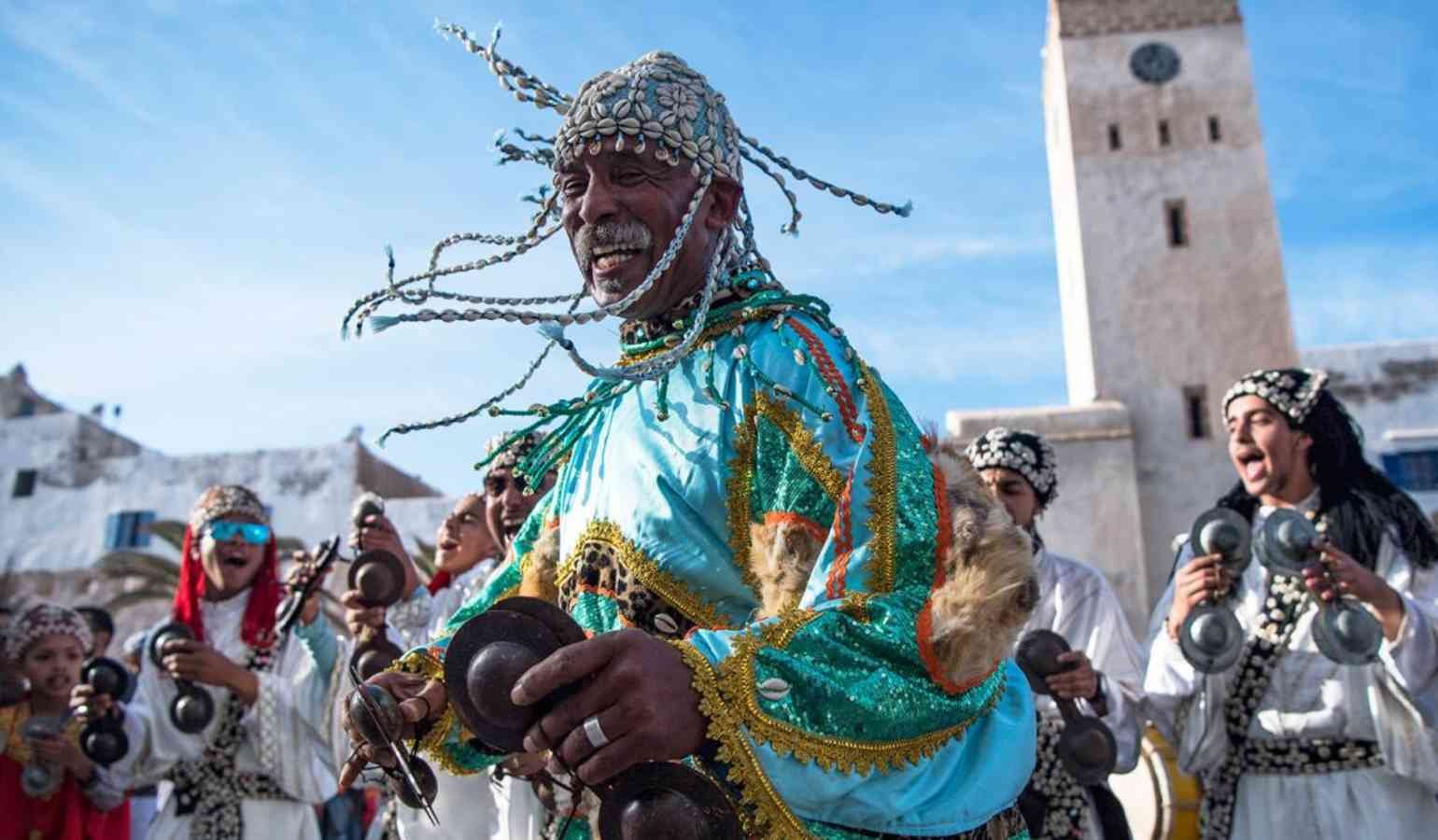
Elegance in the Gnaoua Festival of Essaoouira, Morocco
The Gnaoua, A Celebration of Spiritual Music and Cultural Fusion
One of the most significant events on Essaouira’s cultural calendar is the Gnaoua World Music Festival, held annually since 1998. This festival has grown from a local celebration of Gnaoua music into an internationally renowned event that attracts artists and audiences from around the world.
The Origins of Gnaoua Music: Gnaoua music is a spiritual and rhythmic form of music that originated with the Gnaoua people, descendants of sub-Saharan Africans who were brought to Morocco as slaves. Over time, they developed a rich musical tradition that blends African, Berber, and Islamic influences. Gnaoua music is characterized by its hypnotic rhythms, deep bass notes produced by the guembri (a three-stringed lute), and the metallic clatter of qraqebs (metal castanets). The music is often accompanied by spiritual chanting and dance, which are believed to have healing and trance-inducing properties.
A Platform for Cultural Exchange: The Gnaoua World Music Festival was founded with the aim of preserving and promoting Gnaoua music while also fostering cultural exchange. Each year, the festival brings together Gnaoua maâlems (master musicians) with artists from diverse musical genres, including jazz, blues, reggae, and rock. This fusion of styles creates a unique and dynamic musical experience that transcends cultural and geographic boundaries.
Festival Highlights: Over four days, the city of Essaouira is transformed into a vibrant stage, with performances taking place in public squares, on the beach, and within the walls of the ancient medina. The festival’s main stage, located at the historic Moulay Hassan Square, hosts some of the biggest acts, while smaller, more intimate performances can be found throughout the city. In addition to the music, the festival also features workshops, exhibitions, and discussions that explore the cultural and spiritual significance of Gnaoua music.
The Gnaoua Festival, A Cultural Experience Like No Other
The Gnaoua World Music Festival is more than just a music event; it is a celebration of Essaouira’s unique identity and its role as a meeting point of cultures. The festival embodies the spirit of openness and tolerance that has long defined the city, inviting visitors to explore the rich cultural heritage of the Gnaoua people and to experience the transformative power of music.
A Festival for All: One of the most remarkable aspects of the Gnaoua Festival is its accessibility. The majority of the performances are free and open to the public, allowing people from all walks of life to experience the music and the magic of Essaouira. The festival attracts a diverse audience, from local residents and tourists to music enthusiasts and spiritual seekers, all of whom come together to celebrate in harmony.
The Impact of the Festival: Over the years, the Gnaoua World Music Festival has had a profound impact on both the city of Essaouira and the global perception of Gnaoua music. The festival has helped to revive interest in this ancient musical tradition and has provided a platform for Gnaoua musicians to gain international recognition. It has also contributed to the cultural and economic development of Essaouira, attracting thousands of visitors each year and solidifying the city’s reputation as a leading destination for cultural tourism.
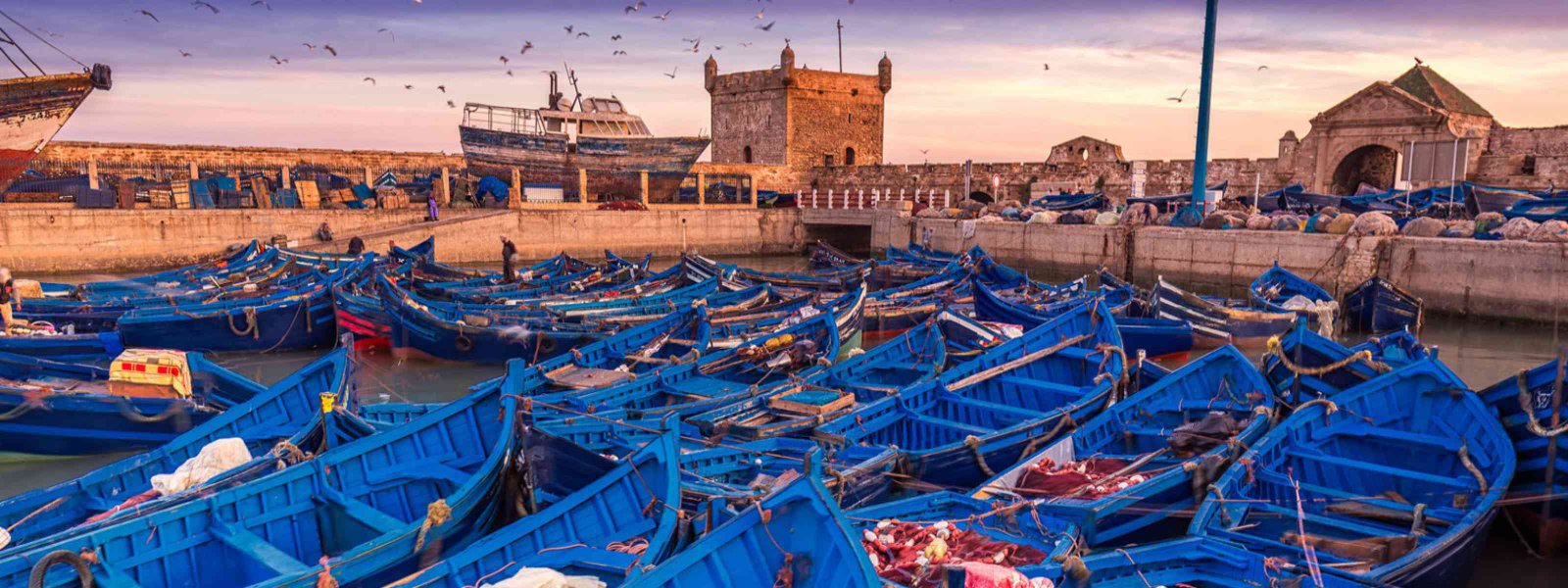
Essaouira, Morocco
Practical Tips for Visiting the Gnaoua Festival
- When to Visit: The Gnaoua World Music Festival typically takes place in late June or early July, making it an ideal time to visit Essaouira. The city’s coastal location provides a welcome respite from the heat of the Moroccan summer, with cool breezes and moderate temperatures.
- Where to Stay: Essaouira offers a range of accommodation options, from luxurious riads and boutique hotels to budget-friendly guesthouses. Staying in the medina allows for easy access to the festival venues and the city’s main attractions.
- Exploring the City: In addition to the festival, take time to explore Essaouira’s historic medina, the Skala de la Ville (a historic fortress offering stunning ocean views), and the bustling port where you can watch fishermen bring in their daily catch. Don’t miss the chance to sample the city’s famous seafood and visit the local art galleries and craft shops.
- Getting There: Essaouira is accessible by road from major Moroccan cities like Marrakech and Casablanca. Regular buses and private transfers are available, and the drive from Marrakech takes about two and a half hours. For those flying in, Essaouira’s small airport offers flights from several European cities.
Gnaoua Festival, Where Music and Culture Meet
Essaouira and the Gnaoua World Music Festival offer a truly unique cultural experience, where the rhythms of ancient music echo through the streets of a city steeped in history and tradition. Whether you’re a music lover, a history enthusiast, or simply looking for a place to relax and soak up the vibrant atmosphere, Essaouira is a destination that will leave a lasting impression. The Gnaoua Festival, with its fusion of sounds and cultures, encapsulates the essence of Essaouira—a city where the past and present come together in perfect harmony, and where the power of music transcends all boundaries.

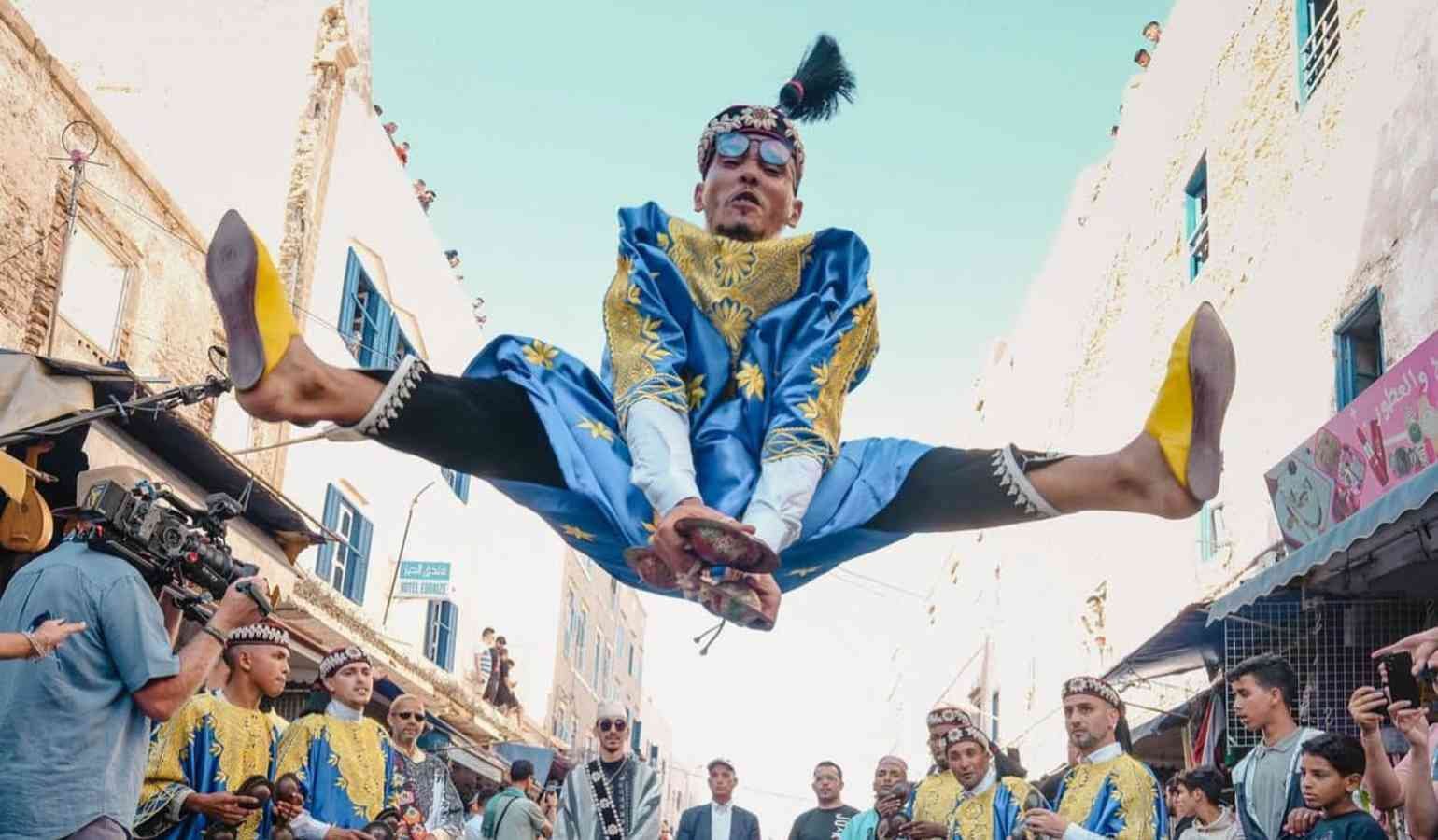
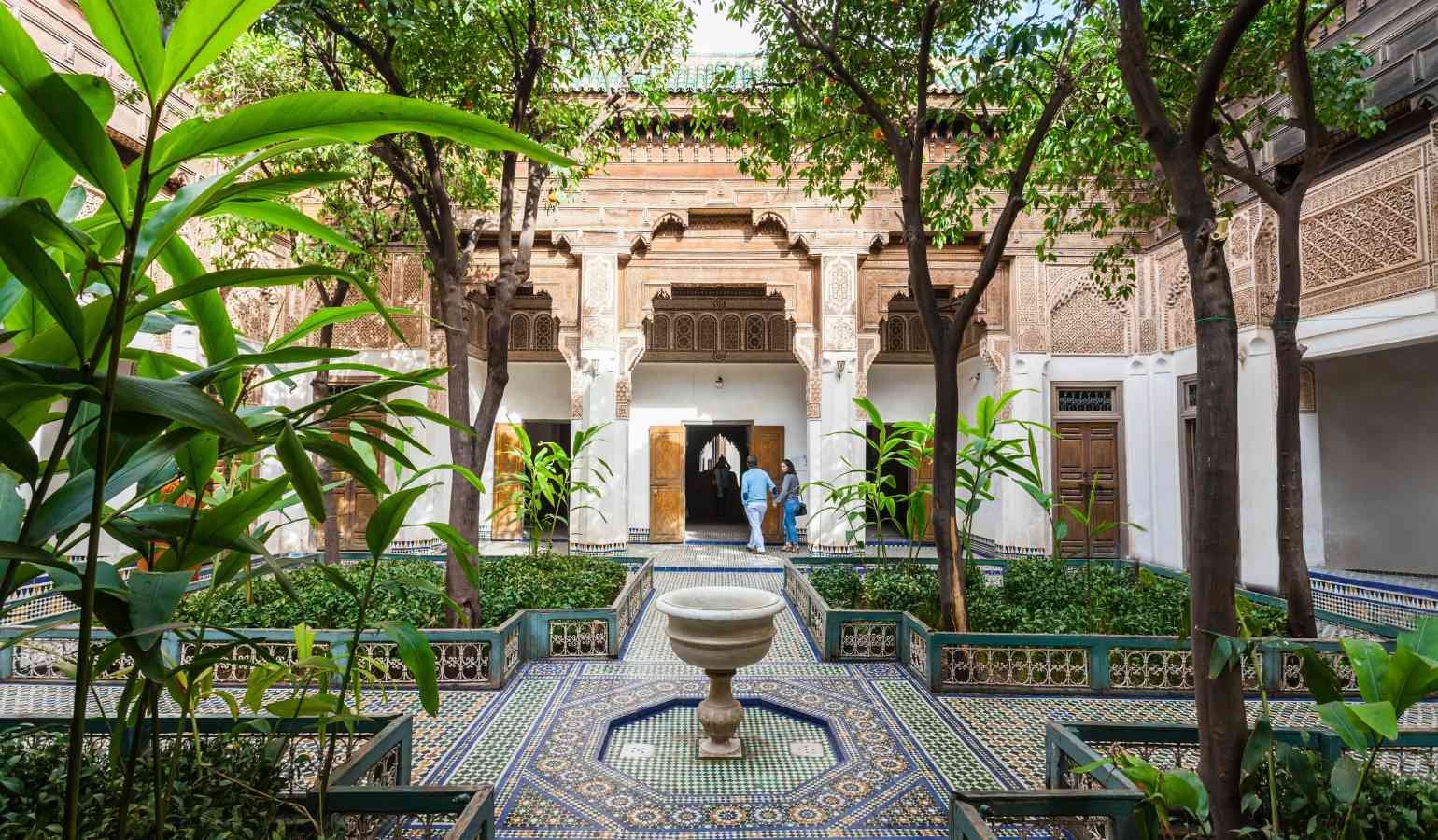
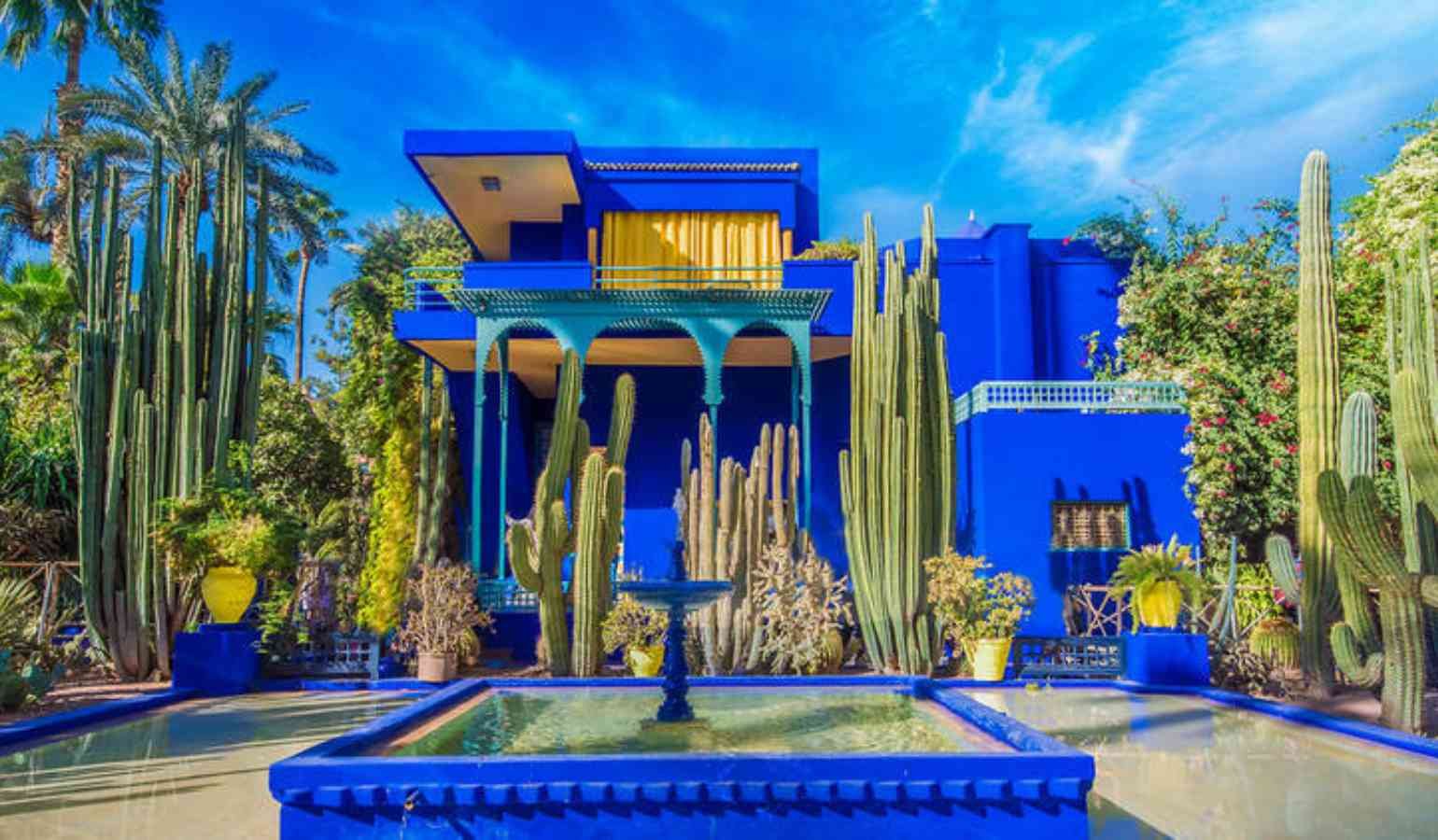
5nwhxn